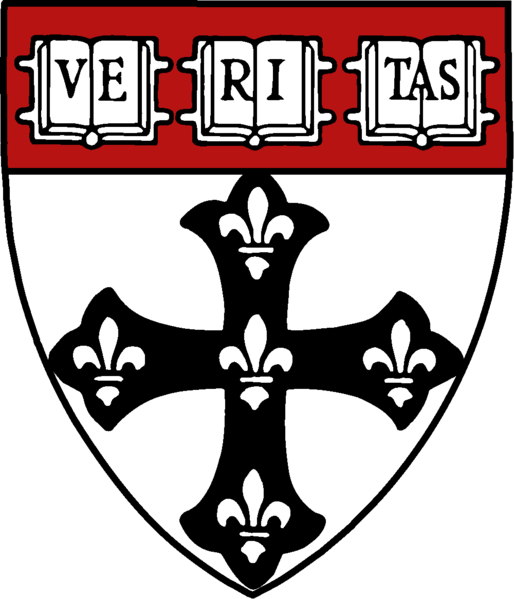Roundtable on Human Rights and Rule of Law: Constitutional and Legal Reform
Description:
View the Sept 2003 Roundtable Report
The opportunities for engaging the Afghan public in the process of constitution building and legal reform are quickly disappearing. Decades of war have left the legal system, and its legal culture, in ruins. The project of constitutional and legal reform will be central to the success of reconstruction efforts.
For the first time, Afghan legal professionals, civil society leaders, and other groups have the chance to engage in the rebuilding of their country’s legal foundations: both to stabilize a still-insecure country, and to transform their society in more long-lasting ways. However, as the Constitutional Loya Jirga approaches, many key questions regarding the nature of the new Afghan legal order remain, and many Afghans are beginning to feel that they have been left out of the process.
The Afghan Independent Human Rights Commission (AIHRC) is in an ideal position to engage civil society groups and legal professionals in wider debate about the protection and integration of human rights standards in the new legal system. Its mandate includes the harmonization of international human rights standards with national law, and perhaps more importantly, the Commission enjoys access to a nation-wide constituency of individuals and groups who support the central government and the modernization of Afghan law.
This roundtable report, which presents topics and analysis from a roundtable co-hosted by AIHRC and the Program on Humanitarian Policy and Conflict Research (HPCR) at Harvard University and entitled Human Rights and Rule of Law: Constitutional and Legal Reform, attempts to capture the outcomes of one such effort at engagement and discussion. This Roundtable was one of the first such meetings in Kabul to engage a broad representation of civil society leaders, legal professionals, and Loya Jirga delegates from provinces outside Kabul. In total, there were about forty participants, with half of the group from Kabul and half from other cities and towns. The Roundtable was led by members of the AIHRC, with attendance and participation by members of the Judicial Reform Commission. A series of background papers in Dari was drafted by HPCR (in close consultation with members of the AIHRC) prior to the Roundtable, and made available to the participants along with a copy of President Hamid Karzai’s most recent decree on the Constitutional Loya Jirga and a paper on legal reform in Afghanistan.
In partnership with:
Afghanistan Independent Human Rights Commission was established pursuant to Bonn Agreement (5 December 2001) and on the basis of decree of the Chairman of the Interim Administration, June 6, 2002, and resolution 134/48 of United Nations general assembly in 1993 and Paris principles and on the basis of article 58 of the Constitution of Islamic Republic of Afghanistan, and now the Commission is performing its activities in the areas of promotion, protection and monitoring of human rights.





